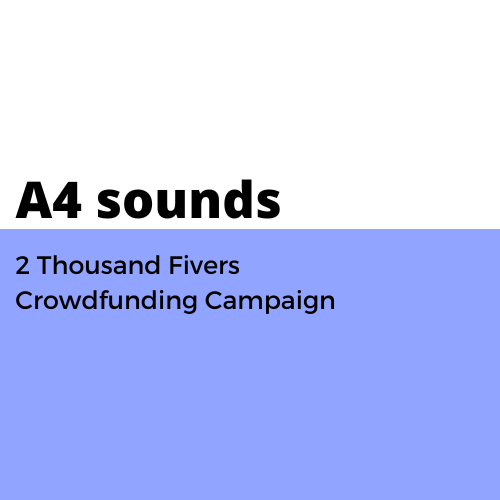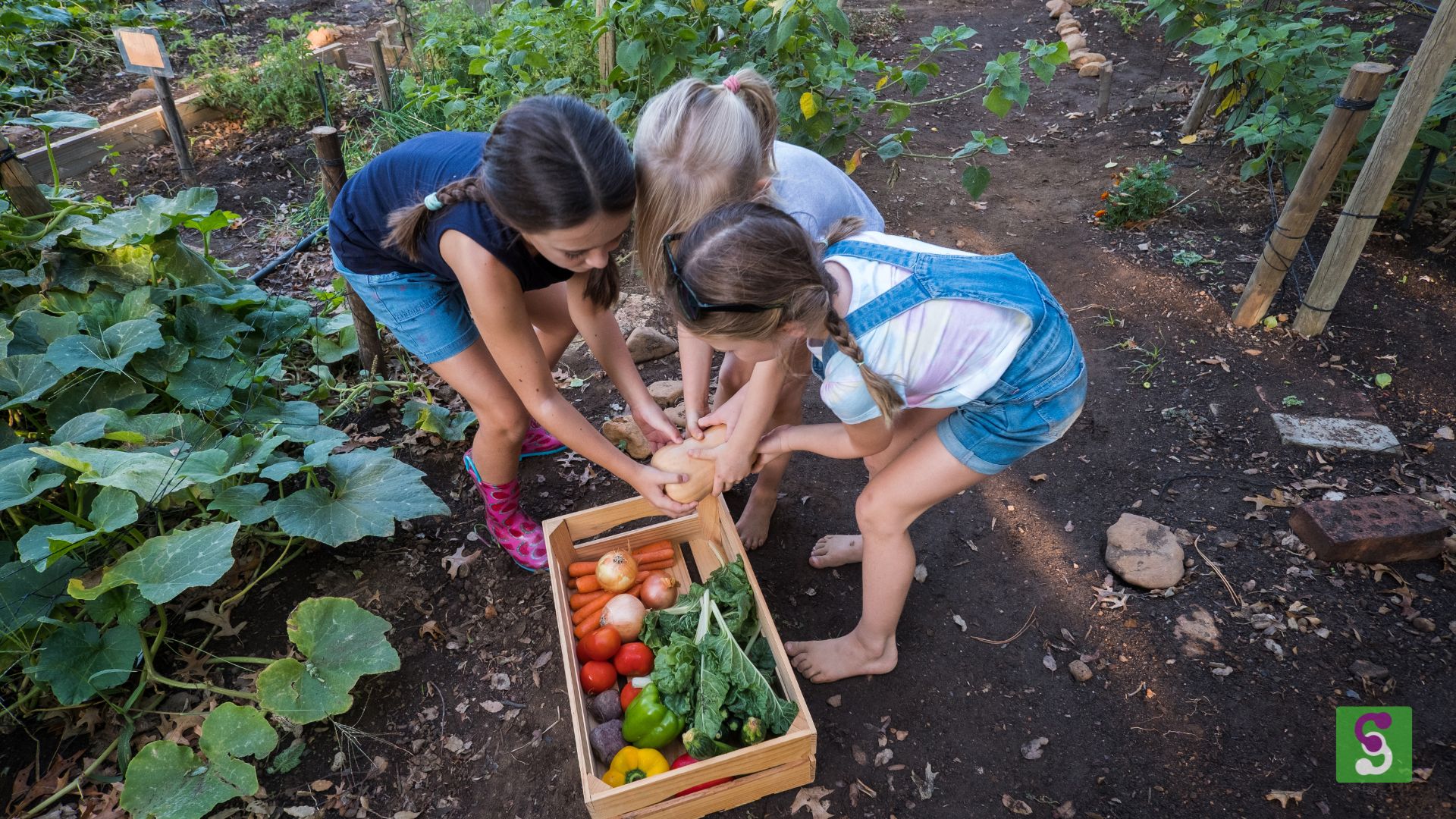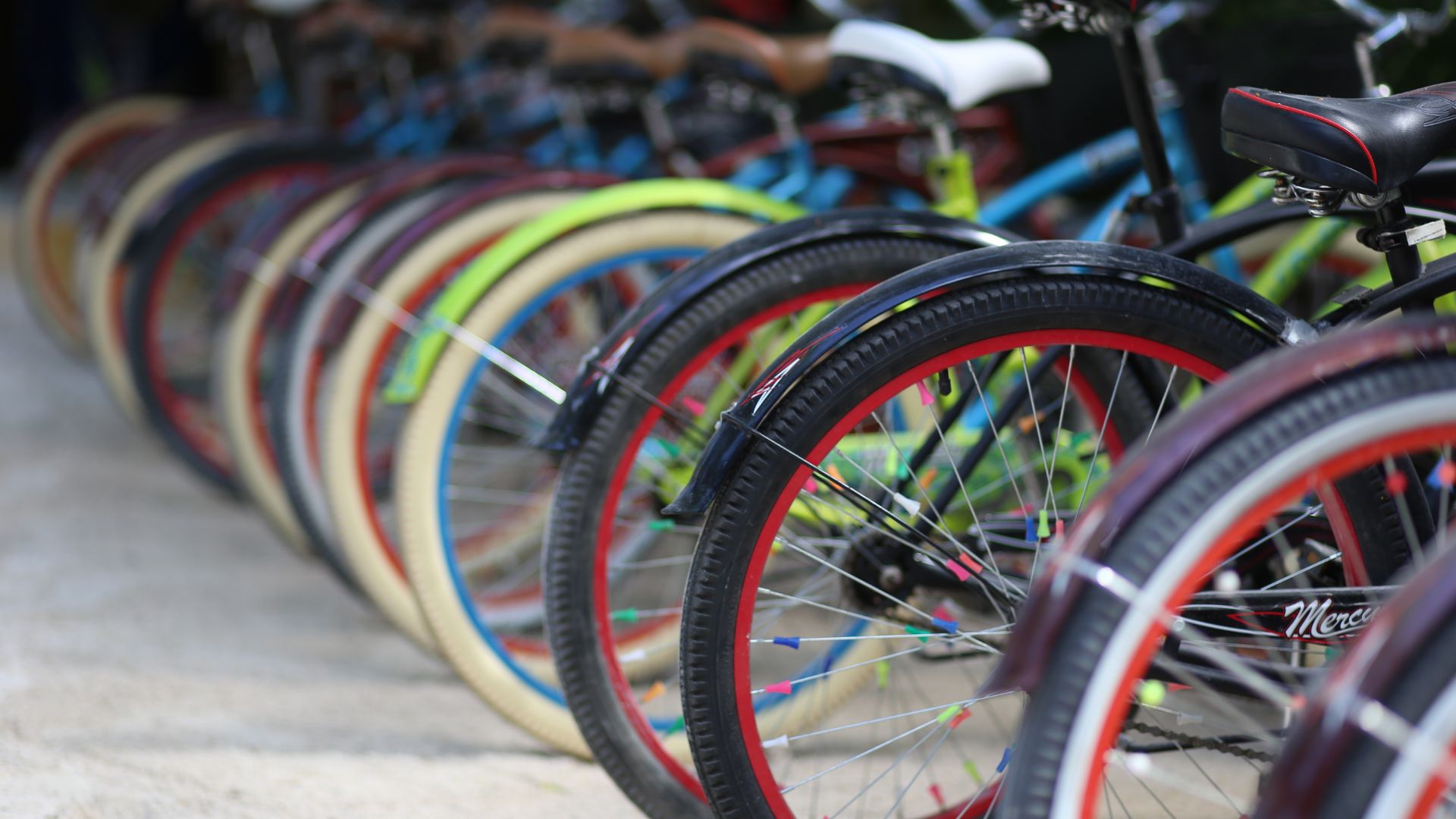
Case Study
aponix
Aponix designs and manufactures various component based urban farming solutions to bring more plants to urban areas. The equipment is different than the normal professional horticulture equipment and underlines modularity and versatility, looks and function for citizen initiatives to grow more plants (edible, ornamental, medicinal) in more areas of your city in co-creative ways.'
Goals & Process
- Marco Tidona founded aponix as a side gig, “recycling an old company.” He developed a first prototype and has worked to improve his company over time. He envisioned working with co-investors, but so far it hasn't worked out. Questions about ownership of intellectual property, patenting, and the high maintenance costs deterred aponix from purusing this approach.
- Meetings with venture capitalists, potential partners, banks, etc. haven't resulted, thus far, in a good fit.
- Having decided to "go it alone" for the time being, Marco invests considerable "sweat equity" in the company. Close cooperation with a local manufacturer has proven to be mutually beneficial, financially and logistically for aponix. The manufacturer benefits in terms of marketing from aponix.
- When aponix experiences shortages in cash-flow, Marco invests personal funds with the hope of reaping the returns in the future.
- Marco participated in start-up competitions as a one-man show, which in 2017 worked to his disadvantage when he was eliminated from the competition for not having a team.
- aponix has participated in large projects in Ethiopia, which have received funding from the german government: L- Bank (European cooperation, Italian greenhouse developer). Close cooperations have been key to the success in these efforts, as well.
Why did you choose this funding type?
- To keep the costs as low as possible
- To keep control
- Partnerships never felt quite right
Successes & Challenges
What went well and why?
Close cooperation with supplier has been both luck and success. The dynamic enabled aponix access to free storage space in close proximity. This was not an intentional goal, but it has served the business very well.
What were the keys to success?
- Learning by doing, “failing forward“
- Rigorous cash planning
What didn’t go well and why?
- Finding funding for business, since Marco “never had the feeling of other companies being interested in his product, or making any progress (how he envisioned it),” finding a suitable "match" has been difficult
- Outsourcing to China: it seemed like a cost efficient option, but there wer always problems with the parts. With the local manufacturer, he “got in the car and they worked together on a solution”
Takeaways & Additional Information
- Being a one man show brings a lot of responsibilities: Management of time, capacities and personal life (it is not the norm in business; people might not have to funds for that)
- “Start with the simple stuff”
- Fail forwards and be willing to adapt (“keep you eyes open to new opportunities”)
- Take one step at a time, opt for “organic” (slow) growth, due to not finding partners for funding
- Be pragmatic where you can
- The more time you give it, the luckier you will get
- Keep your eyes open
- “Start with something you know you can sell” —> Cashflow comes automatically, when the sales channel already exists (e.g. USA supplier in the case of aponix)

05.07.2022
aponix
Basics
Rookie, Advanced Beginner, Competent
400.000 €
Germany
Discussion forum
Share your thoughts and questions on this project!





 (1).jpg)

